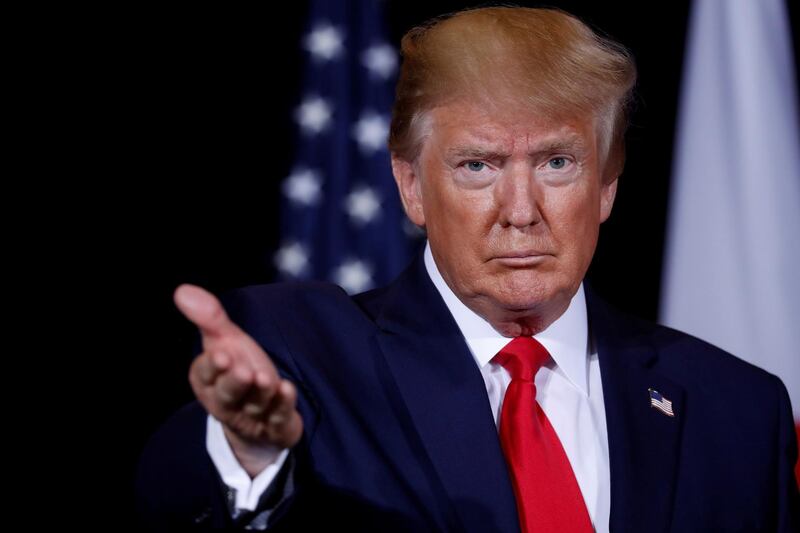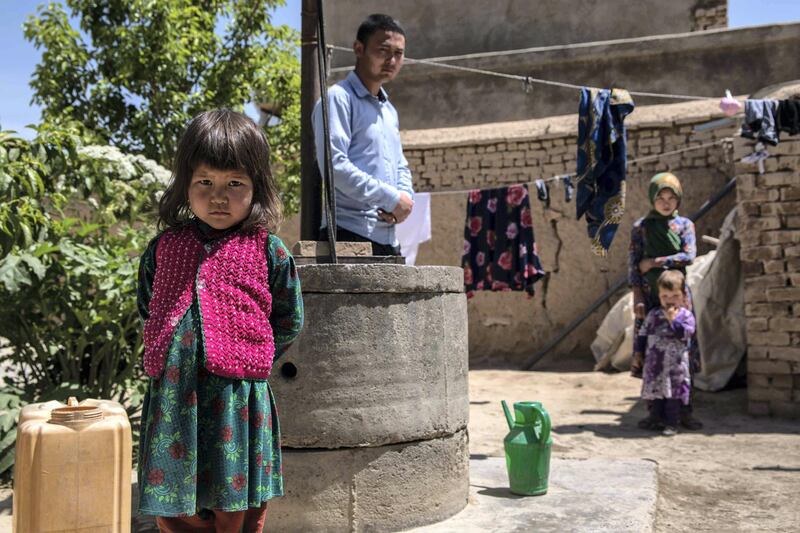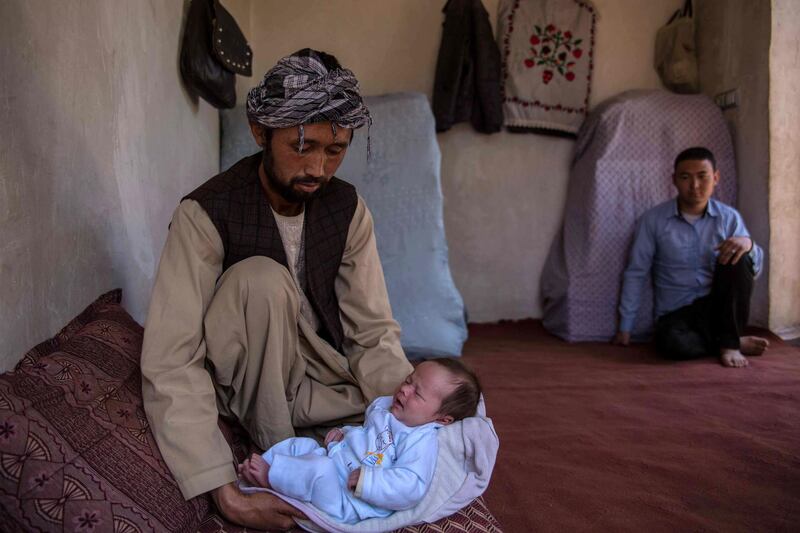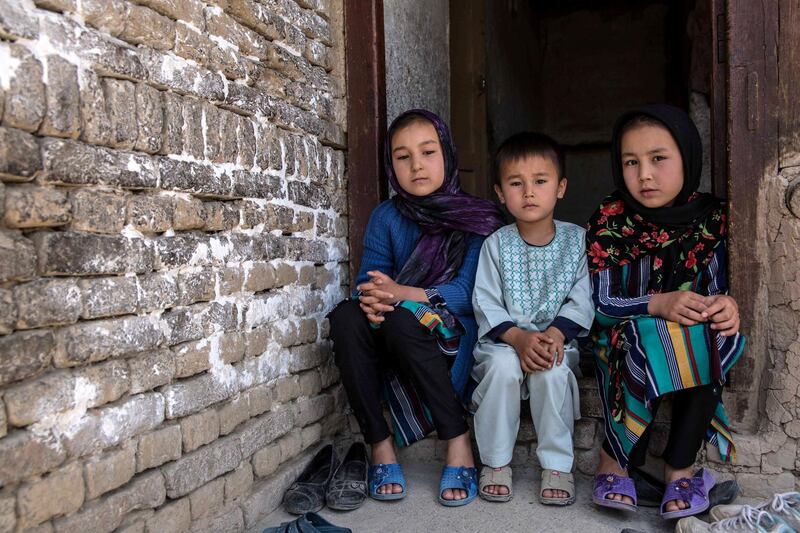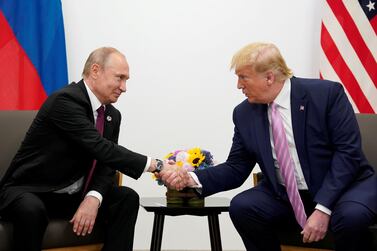A US Defence Department report released on Wednesday assessed that the Russian government was working with the Taliban to “expedite US military withdrawal” from Afghanistan.
The report, titled Enhancing Security and Stability in Afghanistan, said Russia and Iran were working with the Taliban, which was working with Al Qaeda in the Indian Subcontinent (Aqis) "to undermine the Afghan government".
“As of February, the Russian government was working with the central government, regional countries and the Taliban to gain increased influence in Afghanistan, expedite a US military withdrawal and address security challenges that might arise from a withdrawal,” the report read.
On February 29, the government of US President Donald Trump signed an agreement with the Taliban including conditional withdrawal of US troops if the group abandoned violence.
But with claims emerging last week of Russian operatives paying Taliban militants to attack US troops, the Pentagon has told of the growing connection between Moscow and the group.
“Russia has politically supported the Taliban to cultivate influence with the group, limit the western military presence and encourage counter-ISIS operations, although Russia publicly denies their involvement,” it said.
The report says Iran has also provided “calibrated support” for the Taliban.
“During the past year, Iran increased its outreach to both the Taliban political commission and the Afghan government to increase its role in the reconciliation process and secure Iranian interests in an agreement.”
But even with the US-Taliban deal, the Pentagon report casts doubt on the group’s commitment to ending violence and completely cutting ties with Al Qaeda in the region.
“The Taliban and Haqqani Network very likely maintain the capability to conduct explosive and other offensive operations against Afghan and coalition forces,” the report said.
“The Taliban has reduced violence against coalition forces but has continued its offensive operations against the ANDSF [Afghan National Defence and Security Forces] and Afghan government officials.
“Aqis routinely supports and works with low-level Taliban members in its efforts to undermine the Afghan government, and maintains an enduring interest in attacking US forces and western targets in the region.

“Additionally, Aqis assists local Taliban in some attacks, according to Al Qaeda statements."
The report said Al Qaeda faces continuous coalition counter-terrorism pressure "and will focus on ensuring its safe haven remains viable".
There has been increasing pressure on the US government to respond to claims that Russia has paid Taliban militants cash bounties to attack US troops in Afghanistan.
House intelligence committee chairman Adam Schiff is now calling for sanctions.
“We should be considering what sanctions are appropriate to further deter Russia’s malign activities,” Mr Schiff said on Tuesday.
The White House continued to deny that Mr Trump was briefed on the matter in 2019 and last February, as reported by The New York Times.
US envoy to Afghanistan Zalmay Khalilzad met Taliban officials in Qatar this week, and US Secretary of State Mike Pompeo held a video conference with Taliban deputy and chief negotiator Mullah Baradar on Monday.
The secretary made clear the expectation for the Taliban to live up to their commitments, which include no attacks, the State Department said.
